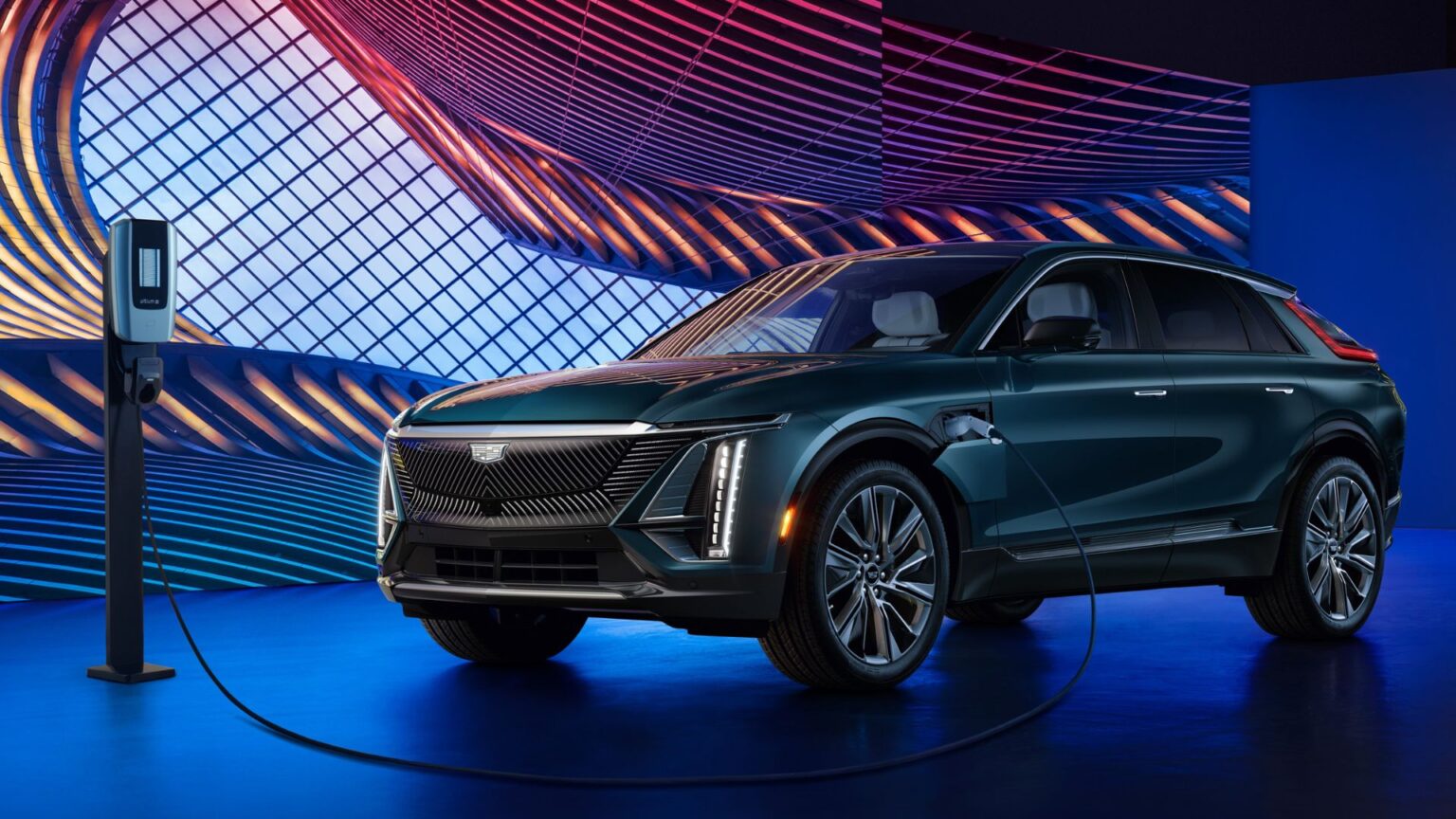Car Dealerships Double Down On Opposition To EV Mandates

Table of Contents
Economic Concerns and Infrastructure Readiness
Dealerships are raising serious concerns about the financial implications and infrastructure challenges associated with complying with stringent EV mandates. The transition to EVs requires significant investment, posing a substantial risk to their bottom line.
Impact on Profit Margins
Dealerships worry that EV mandates will force them to invest heavily in new infrastructure and training without a guaranteed return. This is particularly concerning given the current economic climate. The financial burdens include:
- High upfront costs for EV-specific training and equipment: Specialized technicians are needed to service EV batteries, charging systems, and other unique components. This requires substantial investment in training programs and specialized tools.
- Uncertainty about consumer demand in specific markets: The adoption rate of EVs varies significantly across different regions. Dealerships fear being stuck with unsold EVs in markets with low demand, leading to significant financial losses.
- Potential for losses on unsold EVs due to slow adoption: EVs can depreciate quickly, and unsold inventory can tie up significant capital, especially if the mandated quotas exceed actual consumer demand.
Lack of Supporting Infrastructure
The current lack of widespread, reliable public charging infrastructure is a major obstacle to widespread EV adoption. This poses a significant challenge for dealerships. Key infrastructure concerns include:
- Limited public charging points, especially in rural areas: The uneven distribution of charging stations makes it difficult for potential EV buyers in many areas to confidently make the switch.
- Inconsistencies in charging standards and compatibility: The lack of standardized charging technologies adds to consumer confusion and increases the complexity for dealerships in managing inventory and servicing vehicles.
- Concerns about grid capacity to handle increased EV demand: A massive increase in EV adoption requires significant upgrades to the electricity grid, which is a long-term and costly undertaking.
Consumer Demand and Market Readiness
Dealerships argue that the market isn't ready for a complete and immediate shift to EVs. Consumer behavior and preferences play a crucial role in the success of the transition.
Consumer Preference and Affordability
Many consumers remain hesitant to adopt EVs due to several factors, including:
- Relatively high purchase price compared to gasoline-powered vehicles: The higher upfront cost of EVs remains a major barrier to entry for many potential buyers.
- Limited range of available EV models to suit diverse needs: The current range of EV models may not meet the diverse needs of all consumers, particularly those who require long driving ranges or towing capabilities.
- Consumer concerns about charging times and access to charging stations: Range anxiety and concerns about charging infrastructure are significant deterrents for potential EV buyers.
The Importance of Consumer Choice
Dealerships believe that EV mandates undermine consumer choice and stifle innovation. They argue that:
- Forcing EVs onto unwilling consumers is detrimental to sales: Mandates could lead to resentment and negatively impact overall vehicle sales.
- Fear of reducing consumer choice to solely electric vehicles: A diverse market offering both gasoline and electric vehicles allows consumers to choose based on their individual needs and preferences.
- Importance of allowing for a gradual transition based on market demand: A market-driven transition allows for a smoother integration of EVs, ensuring that infrastructure and consumer demand align.
Political and Regulatory Challenges
The rapid evolution of EV regulations presents significant challenges for dealerships.
Regulatory Uncertainty and Compliance Costs
The frequent changes in government policies and regulations create uncertainty and increase compliance costs for dealerships. These include:
- Frequent changes in government policies and regulations: Keeping up with the ever-changing regulatory landscape requires significant time and resources.
- The burden of adapting to new regulations and standards: Dealerships face the challenge of adapting their infrastructure, training, and processes to comply with new standards.
- Potential penalties for non-compliance with EV sales quotas: The risk of hefty fines for failing to meet mandated EV sales quotas adds to the financial pressure on dealerships.
Lobbying Efforts and Industry Influence
Dealerships are actively lobbying against overly stringent EV mandates, using their political influence to shape the regulatory landscape. These efforts include:
- Industry-wide campaigns to oppose strict EV quotas: Dealerships are collaborating to advocate for policies that support a more gradual transition.
- Collaborations with other automotive stakeholders to voice concerns: Dealerships are working with manufacturers and other industry players to present a united front.
- Efforts to advocate for a more gradual and market-driven transition: The goal is to find a balance between environmental sustainability and economic viability.
Conclusion
Car dealerships' opposition to EV mandates stems from a complex interplay of economic concerns, consumer readiness issues, and regulatory uncertainties. While the transition to electric vehicles is inevitable, the concerns raised by dealerships highlight the need for a balanced approach that fosters innovation, addresses infrastructure gaps, and respects consumer preferences. A more collaborative approach involving government, industry, and consumers is crucial to ensure a smooth and successful transition to a sustainable automotive future. Finding a solution that addresses the valid concerns surrounding EV mandates and explores alternatives like tax incentives or subsidies will be vital for the future of the industry. Let's work together to find a sustainable path forward that supports both environmental goals and the economic health of the automotive sector.

Featured Posts
-
 Toronto Maple Leafs Vs Nashville Predators Game Preview And Prediction March 22
May 15, 2025
Toronto Maple Leafs Vs Nashville Predators Game Preview And Prediction March 22
May 15, 2025 -
 San Diego Padres Vs Colorado Rockies A Look At The Upcoming Series
May 15, 2025
San Diego Padres Vs Colorado Rockies A Look At The Upcoming Series
May 15, 2025 -
 The Growing Use Of Apple Watches Among Nhl Referees
May 15, 2025
The Growing Use Of Apple Watches Among Nhl Referees
May 15, 2025 -
 Shocking Upset Paddy Pimbletts 35 Second Knockout Loss
May 15, 2025
Shocking Upset Paddy Pimbletts 35 Second Knockout Loss
May 15, 2025 -
 The Untapped Potential Exploring The Impact Of A Hypothetical Kd Trade From The Nets To The Celtics
May 15, 2025
The Untapped Potential Exploring The Impact Of A Hypothetical Kd Trade From The Nets To The Celtics
May 15, 2025
